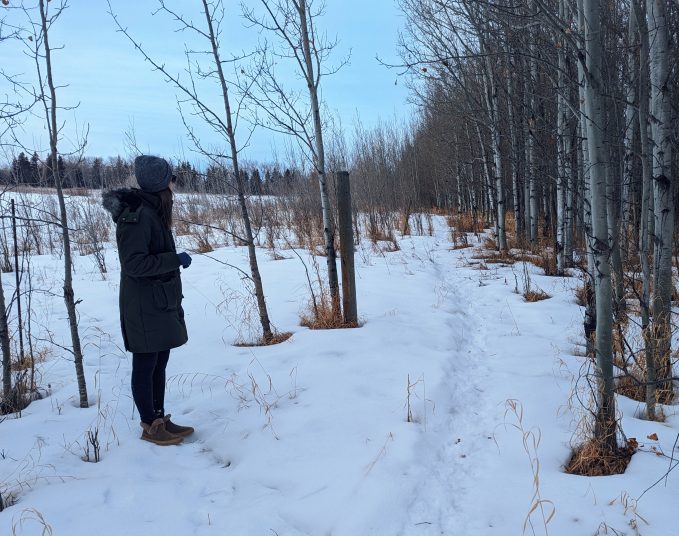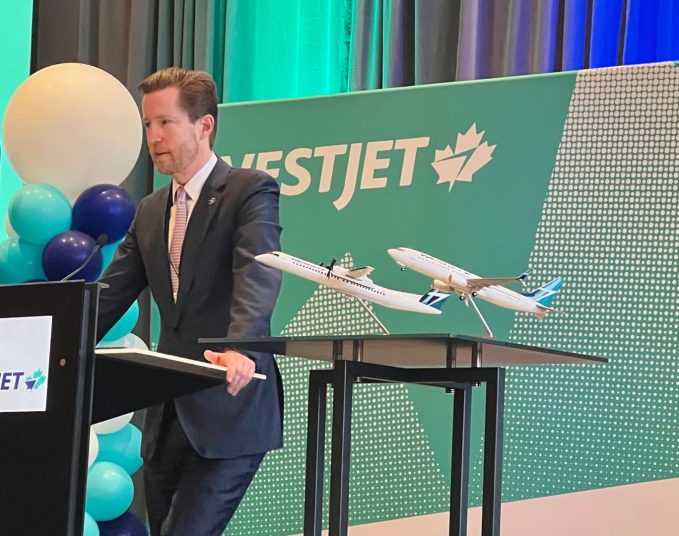It’s become a bit of a spring-to-autumn ritual on Groat Road.
It can be heard in many of the surrounding communities — Glenora, North Glenora, Westmount, Oliver.
It’s the sound of revving vehicles. And it’s become a normal thing to hear in the middle of the night. It’s the Groat Grand Prix. After all, the gentle S-turns that Groat Road offers is kinda like what F1 drivers have to negotiate at Silverstone.
But, does the City of Edmonton need more tools to deal with the issues of noisy vehicles, or does it already have enough in current bylaws and the provincial traffic law?
On Friday, Edmonton City Council voted unanimously to add a new clause to its traffic bylaws; it states that “a person shall not create or cause the emission of any loud and unnecessary noise” from a vehicle of any sort. It’s a $1,000 fine.
“There are checkpoints to ensure fairness,” said Coun. Aaron Paquette. “If this bylaw encourages people to think twice about how they’re interacting with public spaces, it can only be a good thing. The goal here is not to punish people, it’s to discourage, frankly, antisocial behaviours that are not conducive toward building community.”
The City already had penalties in place for motorcycles, that bans noise of more than 92 dbA for all motorcycles that are idle, and then moves up depending on the revs of the bikes. Those fines were upped to $1,000.
But, and this is the big BUT (note the capital letters), the provincial Traffic Safety Act also provides police with the power to issue tickets for excessive muffler noise or if the muffler has been widened, if a vehicle is creating “unnecessary noise” or if someone is driving in an “unduly disturbing manner” from 10 p.m. to 7 a.m. The fine for that is $162.
So, in theory, if someone is pulled over for playing Slayer’s Reign in Blood cranked to 11, is a pathological honker, or has a car that sounds like Max Verstappen should be behind the wheel, the police officer can choose which law to use. Is it the $162 provincial fine or the $1,000 City of Edmonton fine?
Administration explained that, because the wording of the law is open-ended, peace officers can use discretion. For example, rather than issuing a ticket for a noisy muffler, they can direct someone to get it fixed. And a loud vehicle on the Henday at noon may be treated differently than a loud vehicle going through a residential neighbourhood at midnight. Mayor Amarjeet Sohi said it’s important to target people who are wilfully making noise, and not the person who might not be able to afford to get a muffler repaired on an old beater.
“The whole purpose is to target those who deliberately disturb other people’s peace,” said the mayor.
Administration told council that prosecutors can also choose to abandon a ticket if they feel that it’s not in the public interest.
(But, and this needs to be stated, if a ticket goes to court, even if it doesn’t end in a fine being levied, the person charged may be missing work hours and feeling a financial hit.)
Coun. Erin Rutherford supported the bylaw, but admitted she was concerned over the $1,000 fine, which was recommended by committee.
“We do have a problem with crime and social disorder and antisocial behaviour,” said Rutherford. “But, again, I don’t see the answer in enforcement. I don’t think that is the way. We do not enforce our way out of those issues. We work our way out of those issues through community-building and connection and social rules of engagement that we believe in because there’s a societal fabric that ties us all together.”
The mayor said he wished the bylaw was in place last summer, when people downtown “went through such a terrible, terrible time” in reference to anti-vax, convoy protests with loud truck horns repeatedly being sounded.
“I think that’s the kind of behaviour we need to discourage and target.”
In 2020, Edmonton Police launched the TENSOR project, which identified eight hot spots in the city when it came to vehicle noise. That year, 335 noise-violation tickets were issued.
Another question is, noisy vehicles are a hot topic now, but will the rejigged bylaw be enforced 10 years down the road?
Case in point: In 2012, council passed an idling bylaw, which, on paper, prevents drivers of parked vehicles from running their engines for more than five minutes out of a 30-minute period when it’s 0 Celsius or warmer out, in prescribed, public no-idling zones — like in front of schools and hospitals.
Think back a decade, and you might remember that vehicle idling was a pretty hot topic.
But, we inquired how many idling violation tickets were written in 2022 — and the City confirmed that the number was zero. That bylaw is very specific — and difficult to enforce. You’d need someone sitting outside for a half-hour, timing a vehicle’s idling time. But, the point being, we have a 2012 bylaw on the books that we’re not enforcing a decade later.
And a bylaw without enforcement is merely a suggestion.
Savvy AF. Blunt AF. Edmonton AF.




